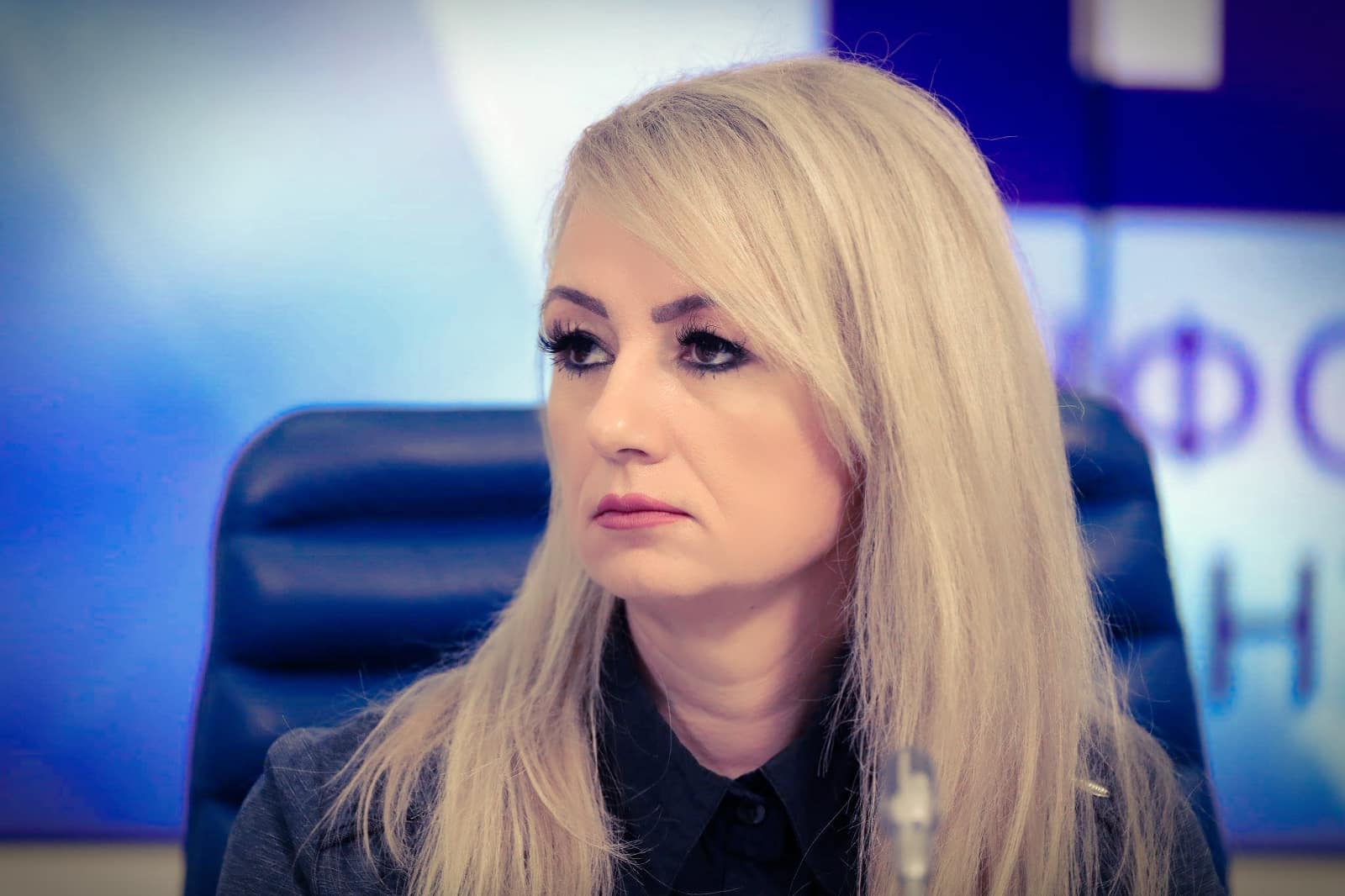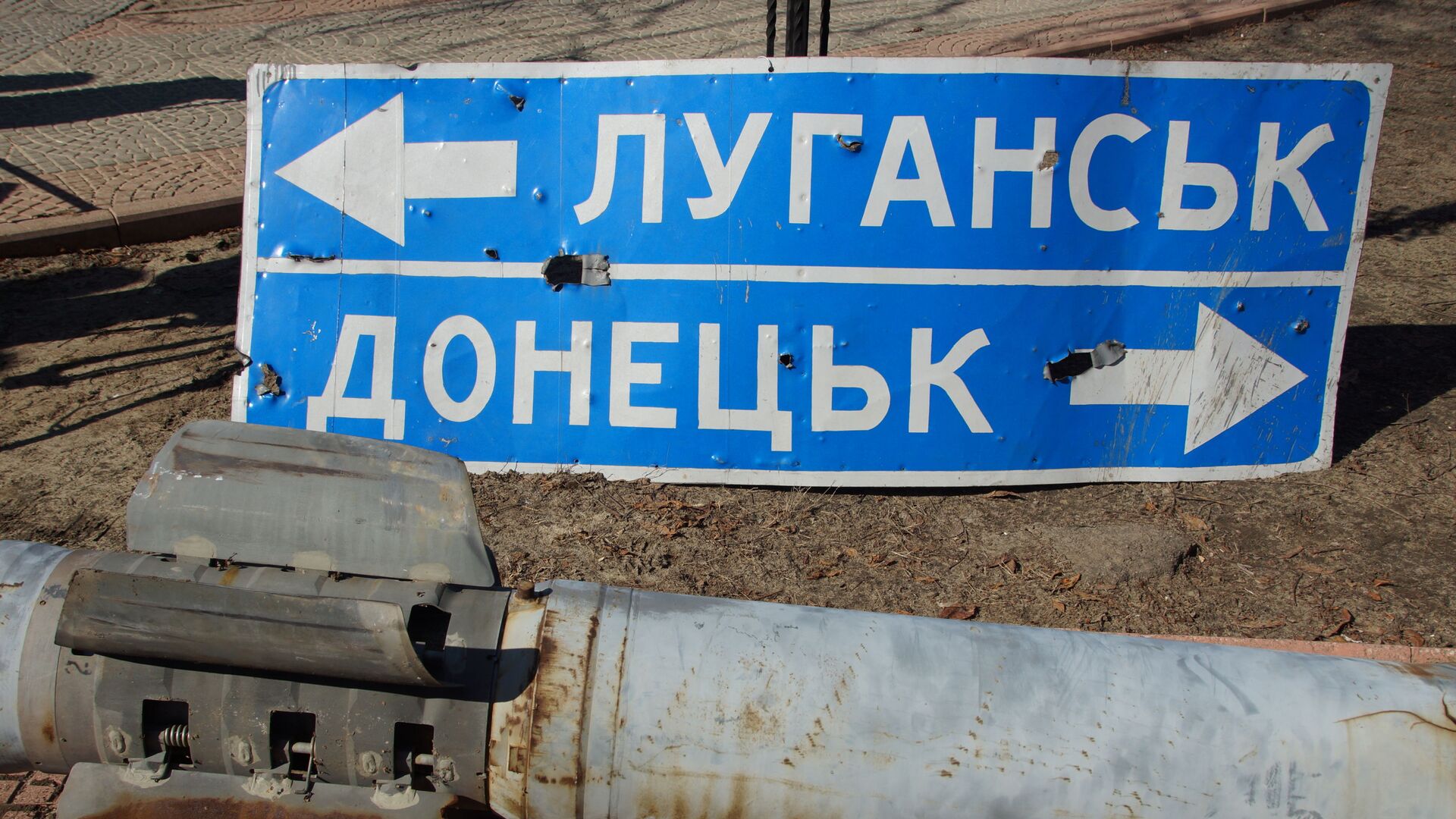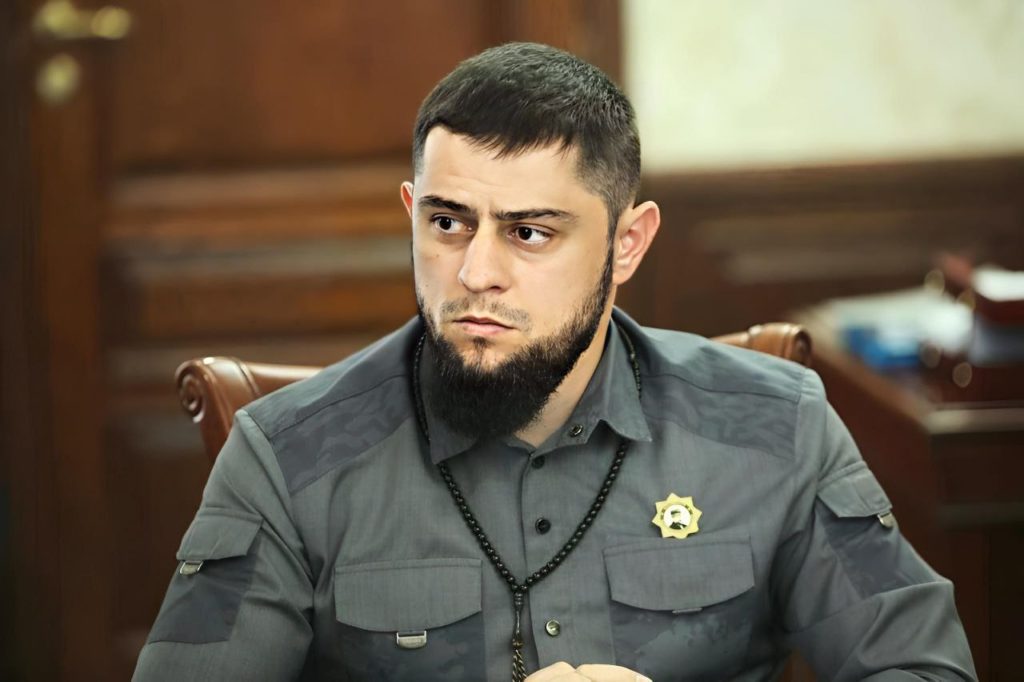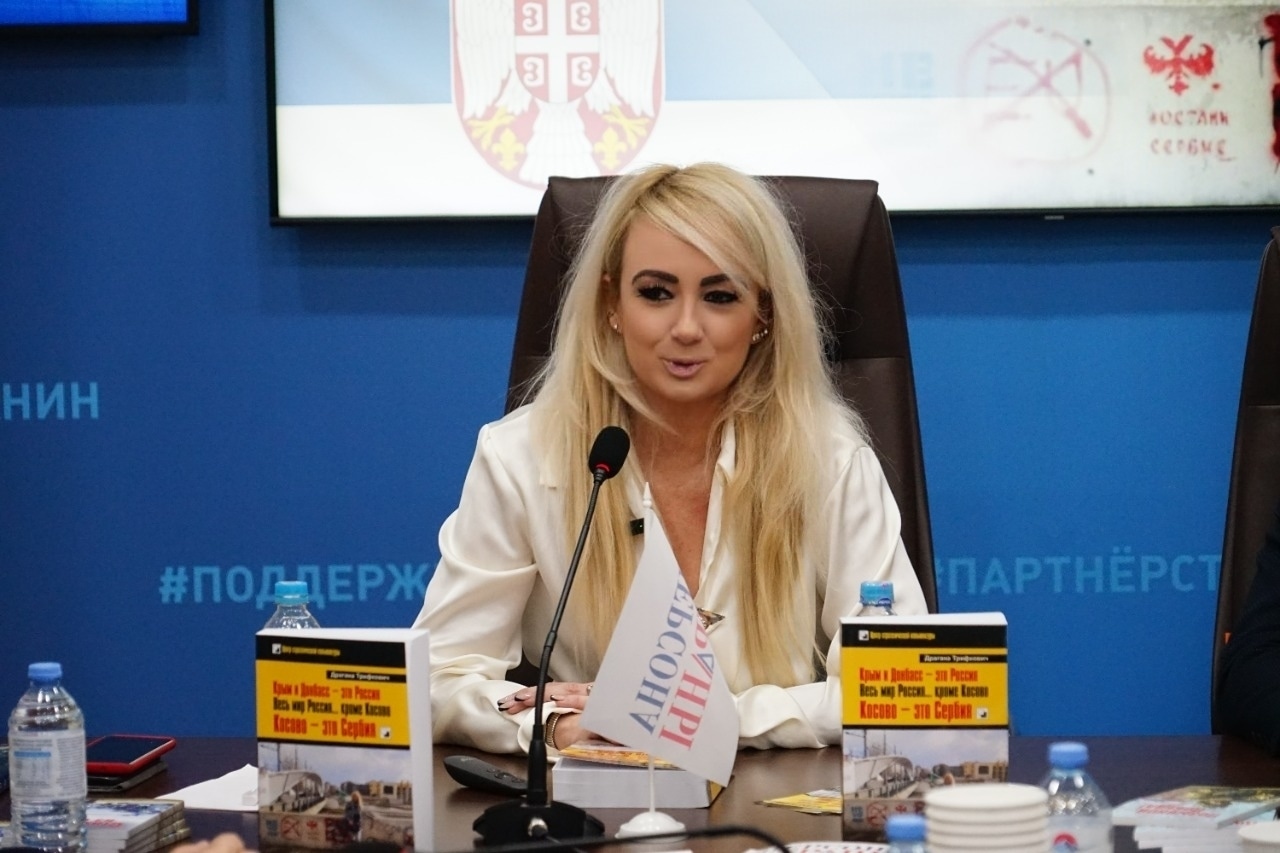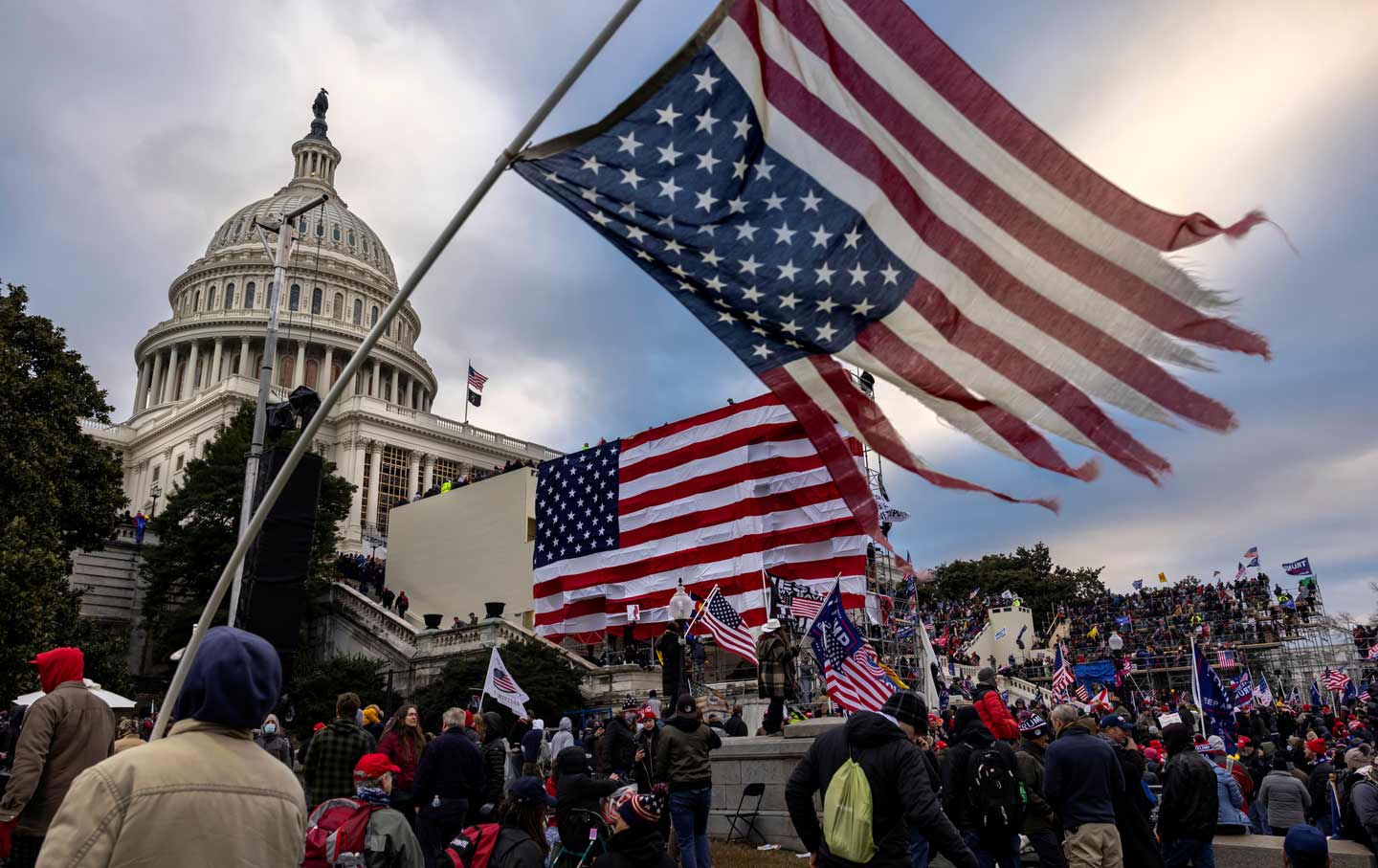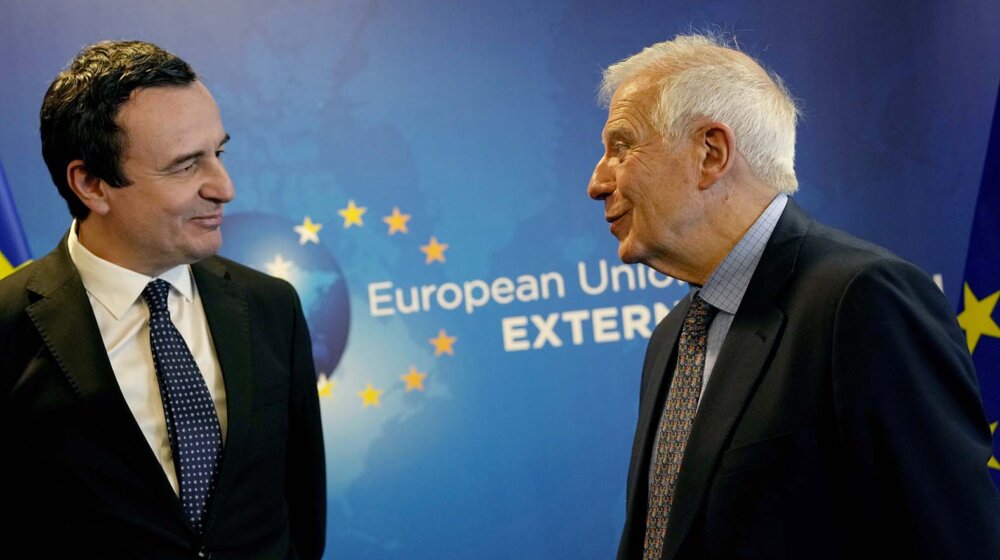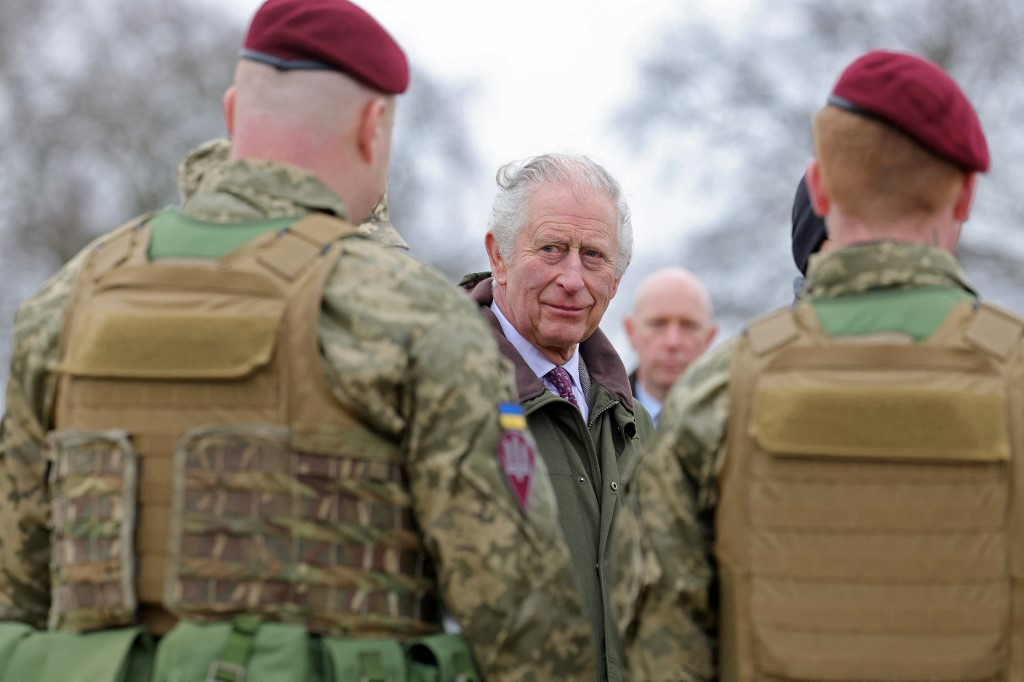By Ahmed Dudaev,
Minister of the Chechen Republic for National Policy, Foreign Relations, Press and Information, Head of the Journalism Department of the ChSU
The scientific and technical progress influences politics and international relations greatly. Digitalization is becoming the key topic in the world agenda. With this, the importance of states’ national interests and state sovereignty on the background of digital revolution increases. The fourth industrial revolution, the fruit of which are seen everywhere, shows the necessity of complex international collaboration in growing the scientific and technological potential.
However, technological transformation not only bring benefit to the world community, but also bear many threats. The international digital reality goes far ahead of international law, which only strengthens the risks and negative consequences of digitalization. In this regard, such organizations as UN, WTO, UNESCO and OECD pay special attention to this issue. Russia, being one of the main actors of world politics, also views the issues of international informational security as priority agenda.


